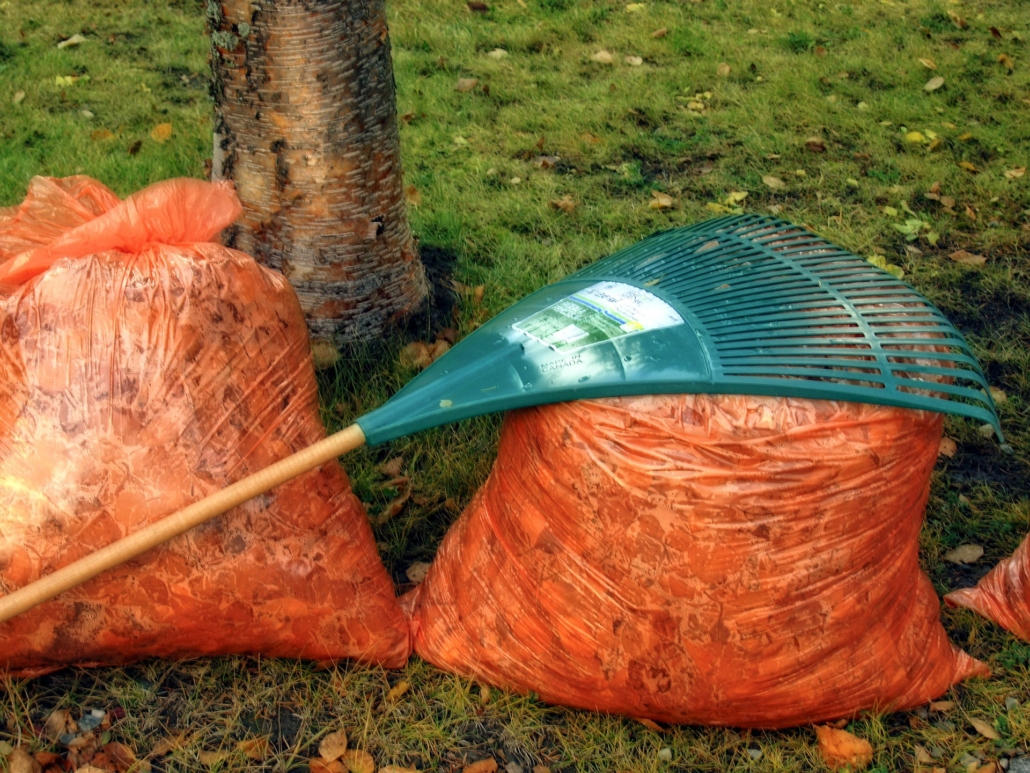Today, you’re going to learn advanced English vocabulary.
What’s more, the phrases in this lesson are from a natural English conversation Kate and I had about fall.
Watch the video and/or read the article below.
1: Transition
“I really like the transition from summer to fall.”
Here, Kate is talking about the change from summer to fall. This is her favorite part of the year.
- The transition to online teaching is hard for some teachers
- The transition from school to home is difficult for children
2. Hearty and Comforting
If food is hearty, this means that it’s warm and satisfying. Think lasagna, chili, and stews.
A good idea is to Google “hearty recipes” to get more examples. In the U.K., you will hear stodgy too. This means a meal full of carbohydrates and filling.
Here’s an example:

3. Start to Get / Getting
This is a verb pattern and after using the verb start, we can use either the gerund or the infinitive.
- I’ve started working out again
- I’ve started to work out again
- It’s started getting a little bit cooler at night
The power word get was also used here. This means to become.
- He’s started to get a bit angry
- He’s started to get a bit annoyed
4. Th Fronting
This isn’t a phrase but instead, something that is happening.
Instead of using the /th/ sound, many people in the U.K. use the /f/ sound. For example, /free/ for the word THREE.
Here’s an interesting link that shows how this has changed over the years.
the influence of London and the South East has spread southern pronunciations over the rest of the country
From the article
5. Do an Impression
To do an impression of someone is to imitate the way they speak.
- She can’t do a good impression of me
- Can you do an impression of him?
I tried doing a New York accent in the video. Can I do a good one?
To practice, I’m following my own method. The Listen, Repeat, Record, and Compare Method.
6. Huge
“Halloween is huge in the U.S.”
In this case, this means it’s really popular. Halloween is really popular in the U.S. – people go crazy over this holiday!
- he’s huge on Instagram
- Oasis were huge in the U.K, but not that well-known in the U.S.
7. To Egg
This is a verb and it means to throw eggs at something or someone.
“People would egg your house if you didn’t leave out candy.“
Now, I don’t think this is entirely true but people wouldn’t be happy!
Did you notice that I used the second conditional here?
8. To Dress Up
Now, in the U.S., you would say “people wear a costume at Halloween.”
However, in the U.K., you say this “people dress up at Halloween.”
For example:

9. Run Out Of
“Every year I just run out of time.”
If you run out of time, this means you have no time left. This is a great phrasal verb to know.
Look at these two sentences:
- We’re running out of sugar
- We’ve run out of sugar
The first one states that you have nearly run out of sugar (but not yet). The second one states that you have no sugar left.
10 End Up
“I ended up wearing some tights.”
To end up doing something means to conclude something with a particular action.
Imagine that you saw someone a few months ago and they mentioned they were going on vacation but were undecided where to go. You see them again and ask:
- where did you end up going on vacation?
- Preston
Another example is this:
- We were going to go out last night but we eneded up staying in and watching a terrible show
11. A Sugar Rush
This means having uncontrollable energy – hyperactivity in kids – after eating a lot of sugar in a small amount of time.
After a sugar rush, you often crash. This is when you feel terrible and have no energy.
- I can’t eat all that, I’d get a sugar rush

12. Used to
This is a good one: “the person who used to live in the house where we live now…”
Another way to say this is “the person who lived in the….”
People often get confused with USED TO, BE USED TO, and GET USED TO.
- I used to live in Spain (in the past, I lived in Spain)
- I’m used to living in America (it’s normal to me)
- I’ll never get used to the way people say yoghurt here
13. Bag Up
To bag up something means to put something in a bag.

14. Crisp + Chill in the Air
If the weather is crisp, think cold but sunny.
If there’s a chill in the air, this means that it’s not too cold but you feel uncomfortable. You may need to put on extra layers.
15. Hit or Miss
If something is hit or miss, it means that it’s not consistent – it can be good/successful or bad/unsuccessful.
I was talking about my birthday here. Late October where we live can be nice or really cold.
- That restaurant is a bit hit or miss
- Our striker is a bit hit or miss
What to Do Now?
Be sure to watch the conversation where these natural phrases came from:
And then, get my book for free here:





